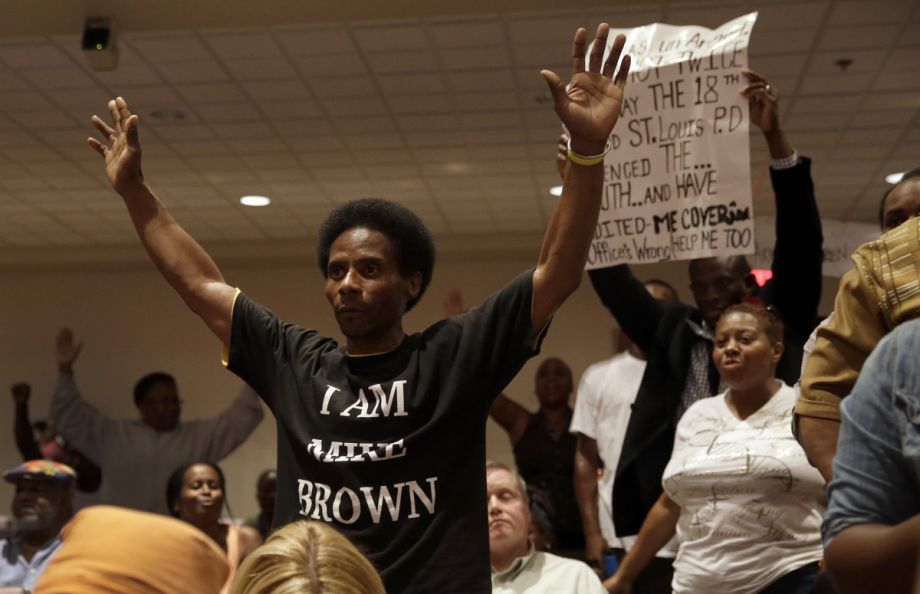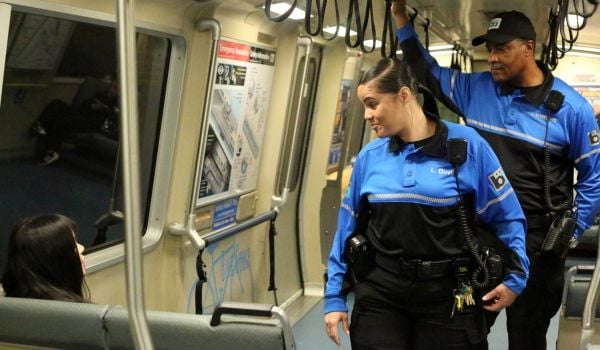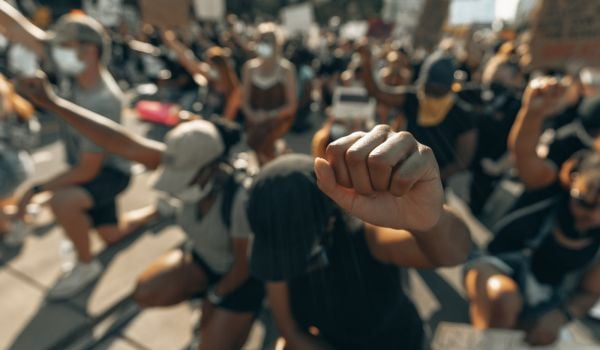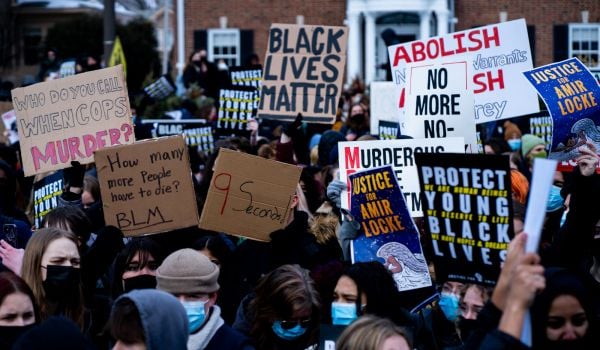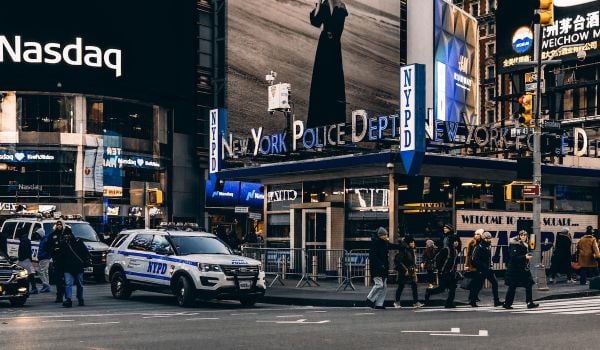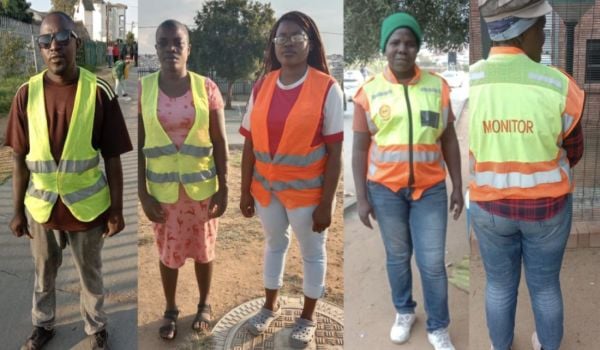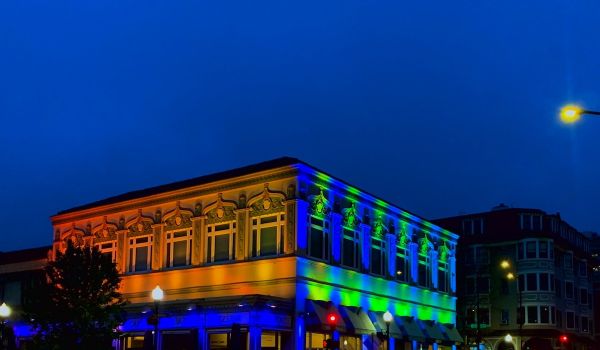I’ve been back from Ferguson for almost two weeks. I’ve been trying to put into words what I experienced even with the privilege of having escaped the kind of trauma, violence and terror inflicted on black people by the state. No matter the efforts made to change policy, a culture change is needed — a change in culture that increases community empowerment, especially in times of black protest. Americans are more likely to be killed by the police than by “terrorists,” and every 28 hours a black person is killed by the police, a security guard or a self-appointed vigilante.
The use of police dogs, water hoses and police brutality against the black community predates Ferguson, but 50 years after the Civil Rights Era, we’re still asking the same fundamental question around police-community relations: How can we trust you after this? Or more broadly, how can we put trust in the institutions said to protect and serve? As brother Philip Agnew so eloquently stated: We are the step-children in war with a country that never never loved us.
Even with peaceful, strategic protests, such as those led by Ferguson’s young black people, the residents of Ferguson were tear-gassed, shoved, arrested, maced and threatened by the police. Some had loaded guns pointed at their faces.
How can the people of Ferguson ever trust the police again? How can the people of Staten Island ever put trust in the police again? What will this eight-year-old grow up thinking after being tear-gassed for using his right to peacefully assemble and protest?
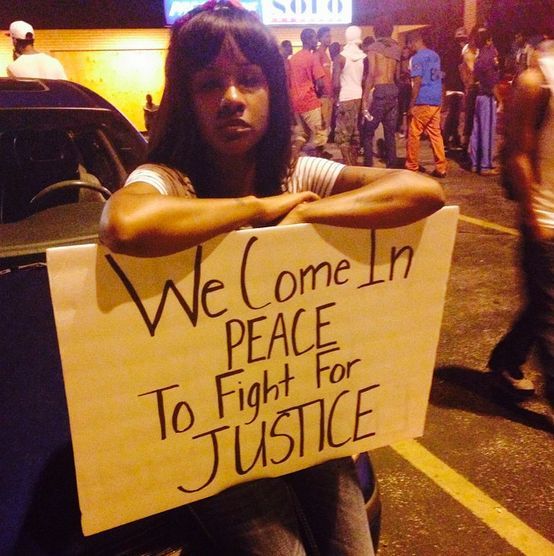
(Photo by Dante Barry)
How can we support citizens’ ability to hold their police departments accountable without more policing but with community empowerment? How do we provide healing for those who have been victims of state-sanctioned violence because they peacefully demonstrated their right to assemble? There needs to be a fundamental shift in relational dynamics between police and community. Connect with organizations and networks that have the tools, resources and platforms to protect and empower yourselves and also promote healing.
- The Black Youth Project 100, an activist member-based organization of black 18- to 35-year-olds dedicated to creating justice and freedom for all black people, recently launched their Criminalized Lives video campaign to broaden the narrative on what happens between black people and the police.
- Communities United for Police Reform, a campaign bringing together groups like Color of Change, NAACP Legal Defense Fund and others to end discriminatory policing practices in New York developed a toolkit for New Yorkers to know their rights when interfacing with police.
- Million Hoodies Movement for Justice, a national organization with more than 50,000 members working to protect and empower young people of color from racial profiling and gun violence through strategic communications, creative technology and grassroots organizing, provides an avenue for writing, trainings and action through our Action Network. (I’m the deputy director.)
- The Gathering for Justice, a social justice organization dedicated to building a national movement to end child incarceration while addressing social unrest through the use of nonviolent direct action, uses culture to correct and replace the societal and institutional pillars that enliven mass incarceration with viable community-driven solutions. The Gathering and Justice League NYC present the Growing Up Locked Down conference as a tool for community empowerment and healing.
Dante Barry is the deputy director of Million Hoodies Movement for Justice and a national organizer in the racial justice and gun violence movements.

